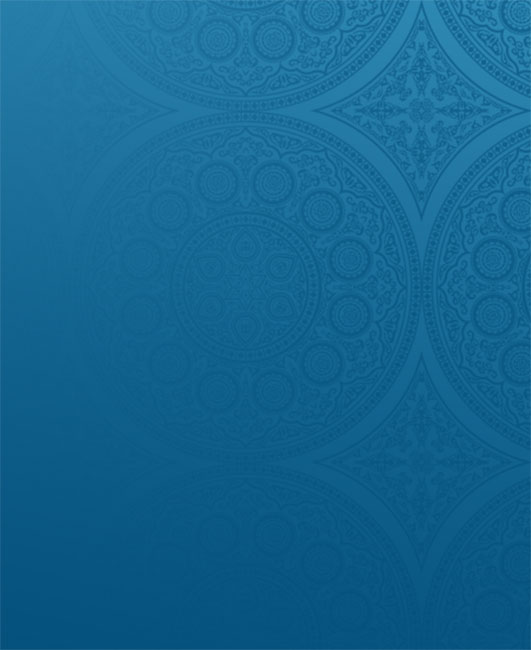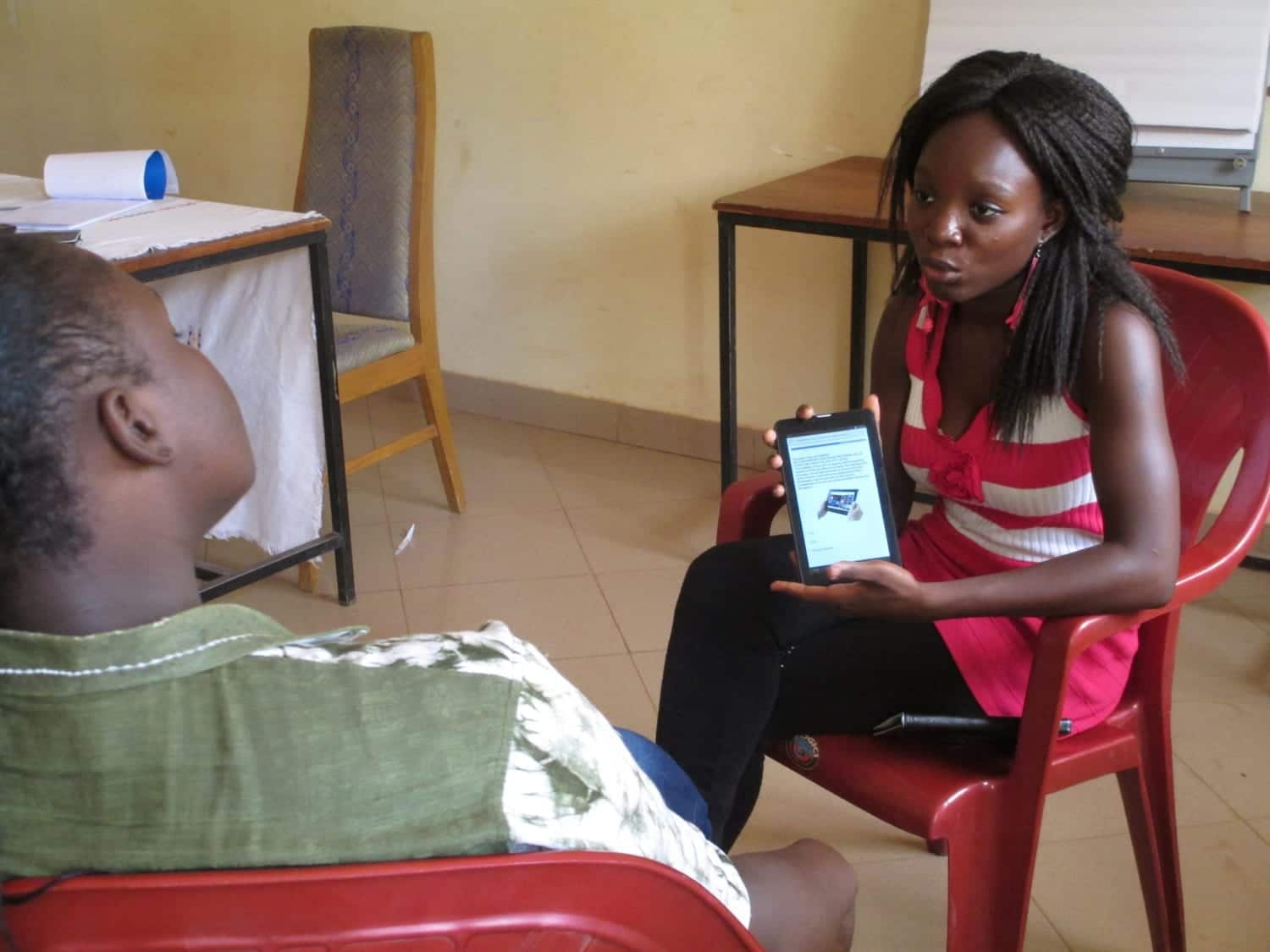

Researching the use of new media by youth in Burkina Faso, Chad and Niger
Examining social media, smartphone and internet use among youth in these three African nations enabled EAI to work more effectively to bring much-needed information youth.
A Project of —
Burkina Faso, Chad, Niger, Sahel, Building Peace & Transforming Extremism, Governance & Civic Engagement, Participatory Media & Technology, Research & Learning
Among social media users in the survey, over half said they used social media every day and another 25% indicated using it at least weekly. Male and female and young and older social media users used social media with similar rates of frequency (80% of male users, 84% of female users, 77% youth and 81% adults reported using social media at least once a week), although again, the gender and age disparities in access to the Internet/social media meant that the number of male and youth users was much higher than the number of older or female users.”
In 2015, as the media partner on USAID’s Peace through Development II (PDEV II) project, EAI undertook a new media survey to evaluate the relevance of new media interventions in Burkina Faso, Chad, and Niger. A total of 1,500 surveys, 500 per country, were conducted in local languages in the ‘capital cities’ of each province of PDev II’s core zones. The research looked at:
- Mobile network and internet availability and strength
- Devices (i.e., smartphone, computer) and location/nature of internet access (i.e., personal, family, friend, school, internet café)
- Social media networks or applications used
- Social media user habits (i.e., time of day, session duration, frequency, popular/less popular networks)
- User habits of device functionality (i.e., camera, SMS, voice calls, radio, apps, internet)
- Correlations between basic age, sex, religion, urban/rural, literacy levels with media access and usage habits
Building upon the success of the first phase in Chad and Niger (2008-2011), the Peace through Development II (PDEV II) program was a five-year project (2011-2016) designed to reduce the risk of instability and increase community resilience to violent extremism in Niger, Chad, and Burkina Faso.
Composed of countries that consistently rank among the lowest in the Human Development Index, the African Sahel is home to approximately 100 million of the world’s most underserved and under-resourced people. The rise of Boko Haram in the Lake Chad Basin and a growing refugee crisis coupled with slow and inadequate response to threats risk exacerbating historical divisions among populations in critical need of information and development. Within this context, understanding how social media was being used by youth and how much was key to EAI developing it’s outreach approach to empower diverse voices striving for peace and building bridges in times of crisis with the ultimate goal of fostering inclusion to decrease the pull of violent extremist organizations (VEOs.)